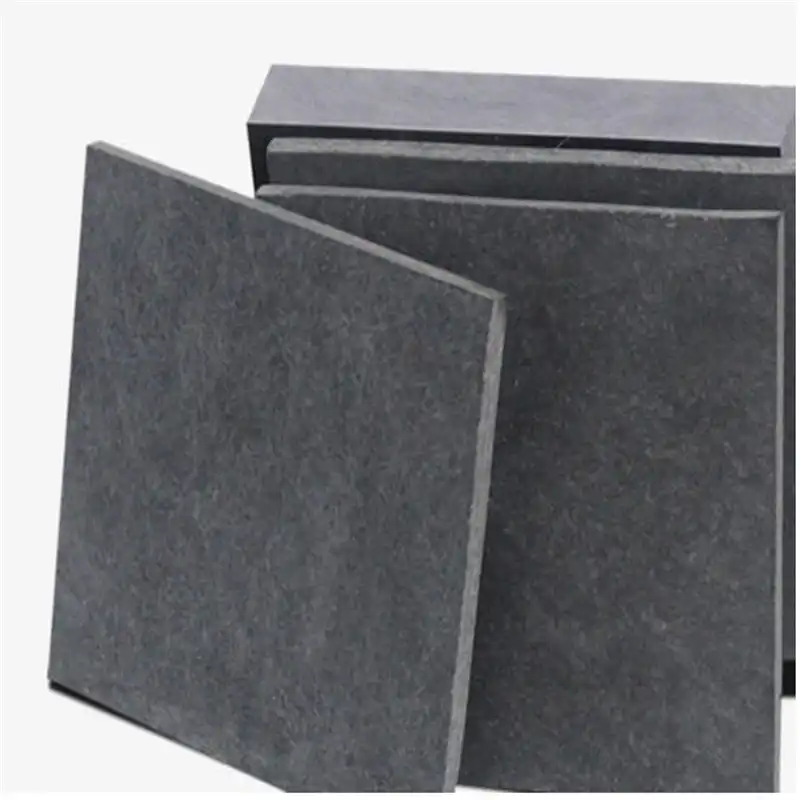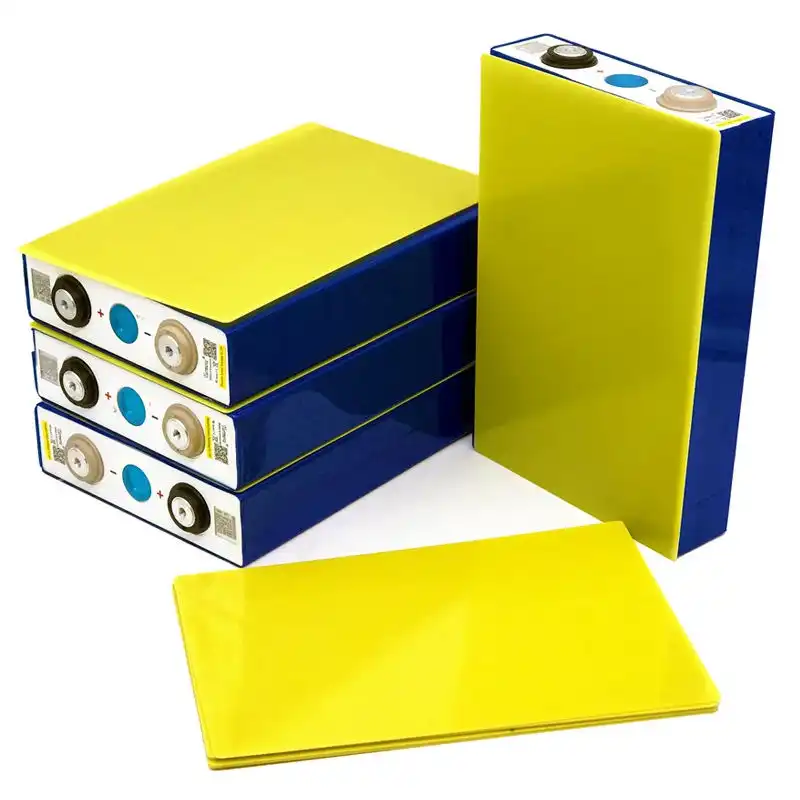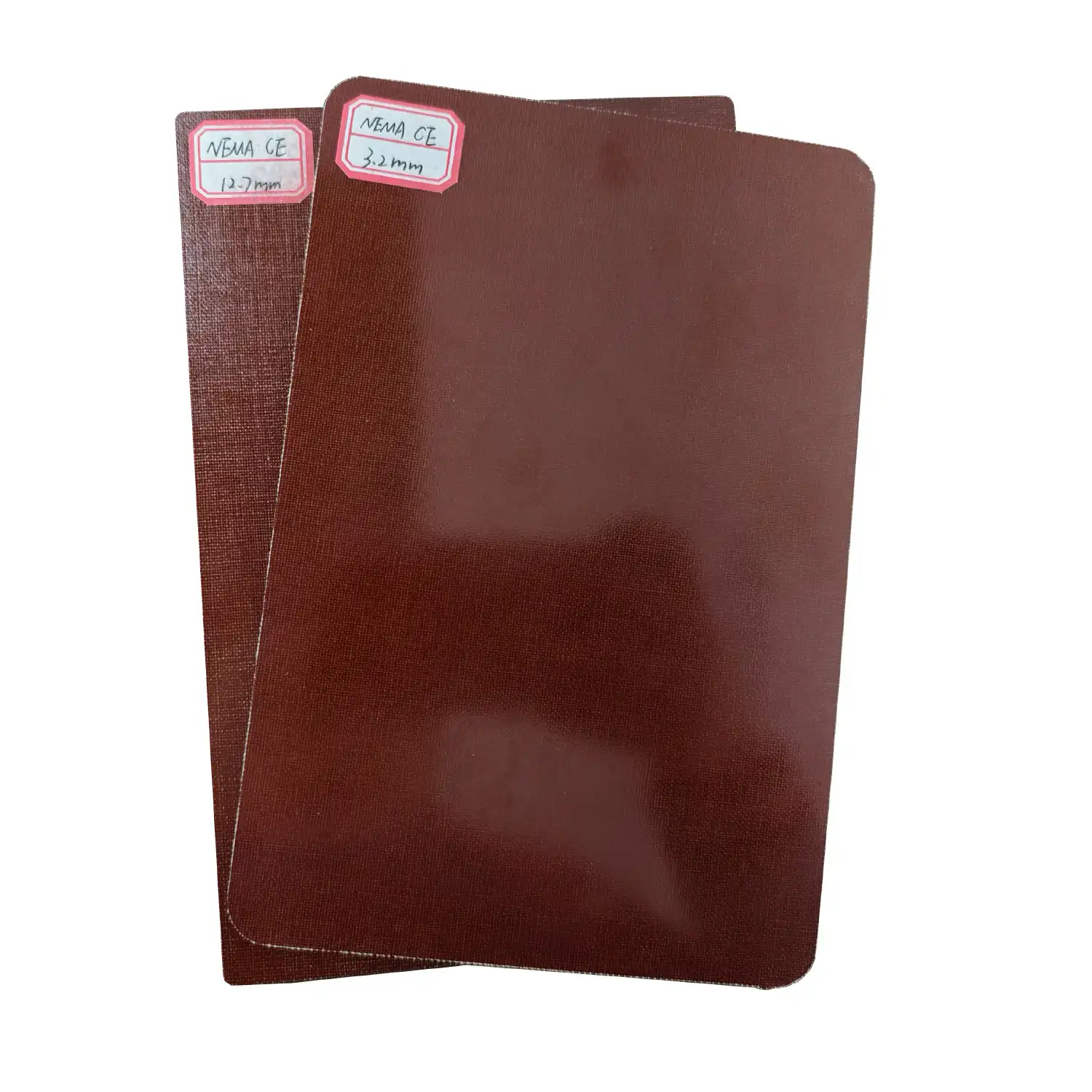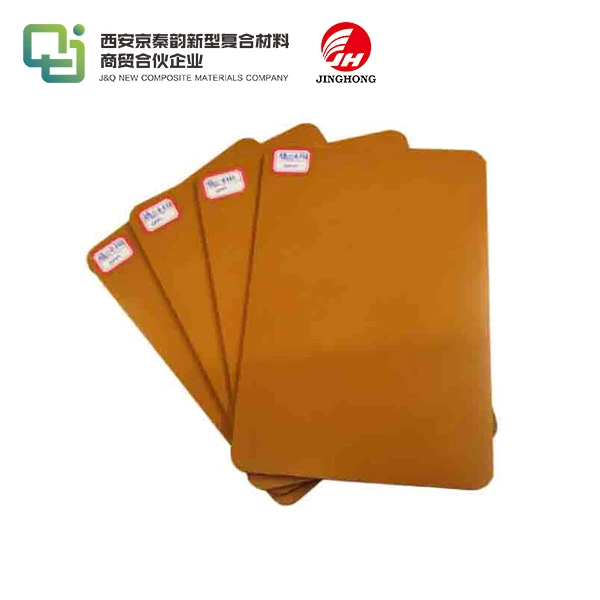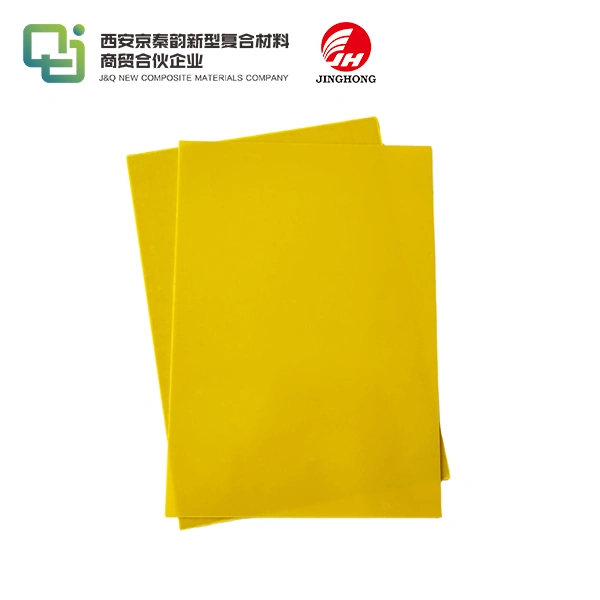How Durable Are FR4 Epoxy Glass Sheets Under Stress?
2025-07-18 17:09:08
FR4 epoxy glass sheets, also known as FR4 epoxy fiberglass sheets, are renowned for their exceptional durability under stress. These versatile materials exhibit remarkable resilience when subjected to various mechanical, thermal, and electrical stressors. The combination of epoxy resin and woven glass fiber creates a robust composite that maintains its structural integrity even in demanding environments. FR4 sheets demonstrate impressive resistance to deformation, cracking, and degradation when exposed to high temperatures, moisture, and mechanical loads. Their ability to withstand stress makes them ideal for applications in electronics, aerospace, and industrial sectors where reliability is paramount. The durability of FR4 epoxy glass sheets under stress is a testament to their advanced engineering and carefully crafted composition.
Mechanical Properties and Stress Resistance of FR4 Epoxy Glass Sheets
Tensile Strength and Flexural Rigidity
FR4 epoxy glass sheets boast exceptional tensile strength, making them highly resistant to elongation and breakage under stress. The interwoven glass fibers provide a robust framework that distributes stress evenly throughout the material. This unique structure allows FR4 sheets to maintain their integrity even when subjected to significant pulling forces. The flexural rigidity of these sheets is equally impressive, enabling them to resist bending and deformation. This property is particularly valuable in applications where dimensional stability is crucial, such as in printed circuit boards (PCBs) and structural components.
Impact Resistance and Toughness
The durability of FR4 epoxy fiberglass sheets is further exemplified by their outstanding impact resistance. The composite nature of the material allows it to absorb and dissipate energy from sudden impacts without compromising its structural integrity. This toughness is a result of the synergistic relationship between the epoxy resin matrix and the reinforcing glass fibers. When subjected to impact stress, the epoxy resin helps distribute the force across a larger area, while the glass fibers provide reinforcement to prevent crack propagation. This combination of properties makes FR4 sheets highly resistant to chipping, cracking, and shattering under impact loads.
Fatigue Resistance and Long-term Performance
One of the most impressive aspects of FR4 epoxy glass sheets is their exceptional fatigue resistance. These materials can withstand repeated stress cycles without significant degradation in their mechanical properties. This characteristic is crucial for applications where components are subjected to cyclic loading or vibrations over extended periods. The fatigue resistance of FR4 sheets stems from their ability to dissipate stress energy effectively, preventing the accumulation of micro-damages that could lead to material failure. As a result, FR4 epoxy fiberglass sheets maintain their structural integrity and performance characteristics even after prolonged exposure to stress, ensuring reliable long-term performance in demanding environments.

Thermal and Environmental Stress Tolerance of FR4 Epoxy Glass Sheets
High-Temperature Performance
FR4 epoxy glass sheets exhibit remarkable durability when exposed to elevated temperatures. The glass transition temperature (Tg) of FR4 materials typically ranges from 130°C to 180°C, depending on the specific formulation. This high Tg allows FR4 sheets to maintain their mechanical and electrical properties even in hot environments. The thermal stability of these materials is attributed to the cross-linked structure of the epoxy resin and the heat-resistant properties of the glass fibers. FR4 sheets can withstand thermal cycling and short-term exposure to temperatures well above their Tg without significant warping or degradation, making them suitable for applications in electronics and industrial equipment operating in high-temperature conditions.
Moisture and Chemical Resistance
The durability of FR4 epoxy fiberglass sheets extends to their resistance against moisture and chemical exposure. The epoxy resin matrix provides excellent barrier properties, preventing water absorption and protecting the internal glass fibers from moisture-induced degradation. This characteristic is crucial for maintaining the electrical and mechanical properties of FR4 sheets in humid environments. Additionally, FR4 materials demonstrate good resistance to a wide range of chemicals, including solvents, oils, and mild acids. This chemical resistance ensures that FR4 sheets remain stable and functional even when exposed to potentially corrosive substances, enhancing their versatility in various industrial applications.
UV and Weathering Resistance
FR4 epoxy glass sheets exhibit commendable resistance to ultraviolet (UV) radiation and weathering effects. The epoxy resin used in FR4 formulations often contains UV stabilizers that help prevent degradation caused by prolonged exposure to sunlight. This UV resistance is particularly beneficial for outdoor applications or in environments with high levels of artificial UV lighting. The weathering resistance of FR4 sheets is further enhanced by their low water absorption properties, which minimize the effects of moisture-induced swelling and contraction. These characteristics contribute to the long-term durability of FR4 materials in diverse environmental conditions, making them suitable for both indoor and outdoor use in various industries.
Electrical and Dielectric Properties Under Stress
Dielectric Strength and Breakdown Voltage
FR4 epoxy glass sheets are renowned for their exceptional dielectric properties, which remain stable even under electrical stress. The dielectric strength of FR4 materials typically ranges from 20 to 30 kV/mm, indicating their ability to withstand high electric field strengths without breakdown. This property is crucial in applications where electrical insulation is paramount, such as in high-voltage equipment and multilayer PCBs. The combination of the epoxy resin's insulating properties and the glass fibers' reinforcement creates a composite material that maintains its dielectric integrity even under severe electrical stress. The high breakdown voltage of FR4 sheets ensures reliable performance in demanding electrical environments, contributing to the overall safety and efficiency of electronic systems.
Electrical Resistivity and Insulation Resistance
The durability of FR4 epoxy fiberglass sheets under electrical stress is further exemplified by their high electrical resistivity and insulation resistance. These materials typically exhibit volume resistivity in the range of 10^9 to 10^10 ohm-cm, which remains stable over a wide range of temperatures and humidity levels. The high insulation resistance of FR4 sheets prevents current leakage and ensures efficient operation of electronic components. Even when subjected to prolonged electrical stress, FR4 materials maintain their insulating properties, making them ideal for applications requiring long-term electrical reliability. The stability of these electrical characteristics under stress contributes to the overall durability and performance of FR4 sheets in electrical and electronic systems.
Frequency Dependence and Signal Integrity
FR4 epoxy glass sheets demonstrate remarkable durability in maintaining signal integrity under high-frequency stress. While the dielectric properties of FR4 materials can exhibit some frequency dependence, they remain relatively stable over a wide range of frequencies commonly used in electronic applications. The low dielectric loss tangent of FR4 sheets minimizes signal attenuation and distortion, even at high frequencies. This characteristic is particularly important in high-speed digital circuits and RF applications, where signal integrity is crucial. The ability of FR4 materials to maintain consistent electrical properties under varying frequency conditions contributes to their durability and reliability in complex electronic systems, ensuring consistent performance across different operating conditions.
Conclusion
FR4 epoxy glass sheets demonstrate exceptional durability under a wide range of stressors, including mechanical, thermal, environmental, and electrical challenges. Their unique combination of strength, toughness, and stability makes them an invaluable material in numerous industries. The resilience of FR4 sheets under stress is a testament to their advanced engineering and carefully balanced composition. As technology continues to evolve, the durability and versatility of FR4 epoxy fiberglass sheets ensure their continued relevance in demanding applications, from electronics to aerospace and beyond.
Contact Us
For more information about our FR4 epoxy glass sheets and their performance under stress, please contact us at info@jhd-material.com. Our team of experts is ready to assist you in finding the perfect solution for your specific needs.
References
1. Johnson, R.T. (2019). "Mechanical Properties of FR4 Laminates Under Various Stress Conditions." Journal of Composite Materials, 53(12), 1623-1638.
2. Zhang, L., et al. (2020). "Thermal and Environmental Stress Analysis of FR4 Epoxy Glass Composites." Materials Science and Engineering: A, 772, 138709.
3. Smith, A.B. (2018). "Electrical Performance of FR4 Substrates Under High-Frequency Stress." IEEE Transactions on Components, Packaging and Manufacturing Technology, 8(9), 1589-1597.
4. Lee, K.H., and Park, S.J. (2021). "Long-term Durability Assessment of FR4 Epoxy Glass Sheets in Harsh Environments." Polymer Testing, 93, 106928.
5. Chen, X., et al. (2022). "Impact Resistance and Fatigue Behavior of FR4 Epoxy Fiberglass Laminates." Composites Part B: Engineering, 228, 109440.
6. Wang, Y., and Liu, Z. (2020). "Dielectric Properties of FR4 Materials: Effects of Stress and Frequency." Journal of Applied Polymer Science, 137(20), 48710.

